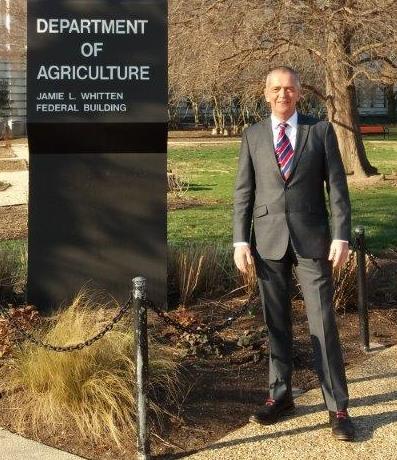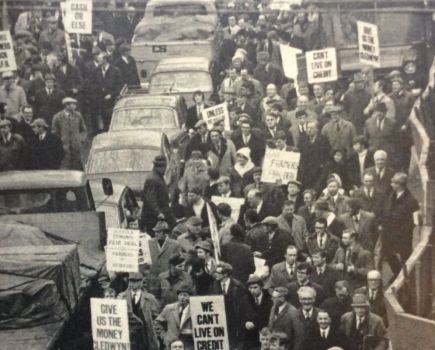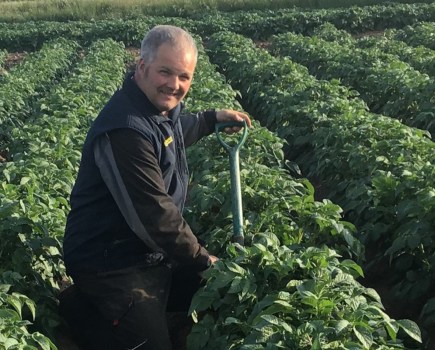 It’s an interesting coincidence that as our British parliament prepares itself to debate the Agriculture Bill, meanwhile across the pond in Washington the American Farm Bill is progressing through Congress.
It’s an interesting coincidence that as our British parliament prepares itself to debate the Agriculture Bill, meanwhile across the pond in Washington the American Farm Bill is progressing through Congress.
Of course, in the US they do things on a larger scale. Whereas our government are deliberating over £2-3bn of annual spend, in Washington it’s a whopping $867bn of Treasury money at stake. Every four years the Farm Bill is reviewed and renewed on Capitol Hill. It’s a major event in the American political calendar and can frequently involve the politicking you’d expect if you’ve watched too many episodes of The West Wing.
A key part of the political dynamics that drive the Farm Bill is that it combines support for farmers along with Welfare provision for the nation’s poor. Roughly 75% of the $867 bn four-year fund goes on providing food stamps for millions of Americans to subsidise their grocery bills.
You could argue that this in turn favours the US farm economy because the vast majority of that food comes from American farms. The US is 140% self-sufficient in food while producing most the things Americans eat, from the citrus groves in the South to the Great Plains of wheat in the North.
The other 25% of the $867bn Farm Bill budget is directly targeted at agricultural support largely funding insurance programmes. In essence these programmes insure American farmers against crop or revenue los

Here’s hoping a Tory ‘power stance’ will help the special relationship.
s by subsidising premiums by 60%. The programmes are very popular with 80-90% of US farmers signing up.
They are particularly well used by cropping farmers where target yields and historic revenue can be insured against. It should be remembered here that whereas in the UK the difference between a good and bad harvest yield is probably 25%, in America where drought can frequently decimate crops the differential is more like 75%. It should also be noted that the target yields American farmers insure against with 60% government assistance are on the bullish side of bearish. You could argue it smacks a bit of what we Brits call ‘pub yield syndrome’.
One of the politically interesting aspects of the Farm Bill is that by combining both farm support and food welfare it garners support from both sides of the house. Both rural Republicans and the urban Democrats have good electoral reasons why they would want to support the Farm Bill even if there is a significant drain on the US Treasury. In a country where political rhetoric doesn’t seem to favour welfare handouts or industry subsidies, the Farm Bill seems to defy political norms.
So as we debate the future of farm support in the UK, it might be worth casting an eye over the Atlantic for inspiration? In that vein I was taken by a quote from a Republican senator taken from a floor debate as the Bill went through the house. senator Ralph Abrahams from Louisiana said:
“Our farmers and ranchers are the thin green line. They are our food security, they are our national security. [the] Farm Bill offers a safety net for our farmers, our ranchers, our foresters, they need it to survive. Let’s get this done, let’s get it to the President to sign, and let’s get our farmers and ranchers back to work.”
You wonder if we will hear similar sentiments about UK agriculture expressed in the House of Commons as the Agriculture Bill passes through? After all we do have a special relationship with the Yanks. And that relationship could become particularly special for UK farmers if we start trading with our American cousins. It’s all worrying enough to make you choke on your chlorinated chicken.
Guy Smith grows 500ha of combinable crops on the north east Essex coast. @EssexPeasant




